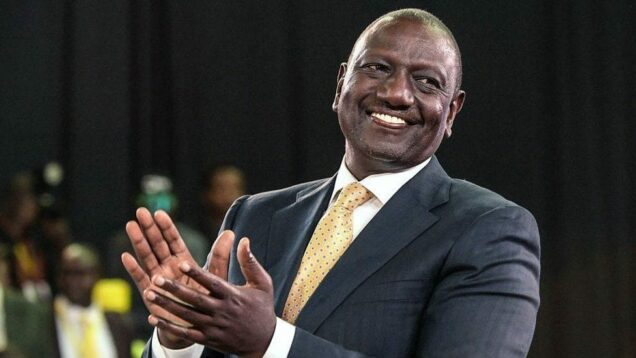The largest telecommunications provider in Kenya, Safaricom, is losing its grip in the East African country’s telecom industry.
And it’s all political-motivated, according to a recent report by CNBC Africa.
Although politics and business are miles apart in terms of purpose and activities, sometimes they are next door neighbours. Decisions made by politicians can be costly for businesses, as evident in the loss of market share by Safaricom.
In what is reported as the Safaricom‘s fifth straight quarterly fall, the Kenyan mobile network operator lost more subscriber/market share in the period ending December 2018.
How politics is affecting Safaricom’s market share
The drop began when the Kenyan Government opposition leader, Raila Odinga, accused Safaricom of playing a role in the country’s August 2017 presidential vote. To protest the claim, Odinga urged consumers to boycott Safaricom.
Boycott favouring Safaricom’s rival: The boycott is an advantage for Safaricom‘s rival like Airtel Kenya, a subsidiary of India’s Bharti Airtel, and the second biggest operator in the country.
Airtel Kenya has recorded double growth in its subscriber base market share since the boycott started, jumping to 23.4 per cent at the end of December, from 14.9 per cent in September 2017.
More pressure is coming for Safaricom‘s grip in the Kenyan telecom industry as Airtel Kenya and the number three operator in the country, Telkom Kenya have agreed to merge.
Although, Safaricom, which is owned by South Africa’s Vodacom and Britain’s Vodafone, has been increasing their quarterly user numbers, but Airtel Kenya was reported to have faster growth in subscribers.
The market share drop: Safaricom shed 0.9 per cent of subscriber market share to 63.3 per cent, compared with 71.9 per cent in September 2017 when the losing streak started.
In the meantime, investors’ confidence in Safaricom is high as the company’s shares rose 22 percent to trade above N100 (28.25 shillings).















